Professional tile sealing that stops stains before they start and makes your floors easier to clean every day.
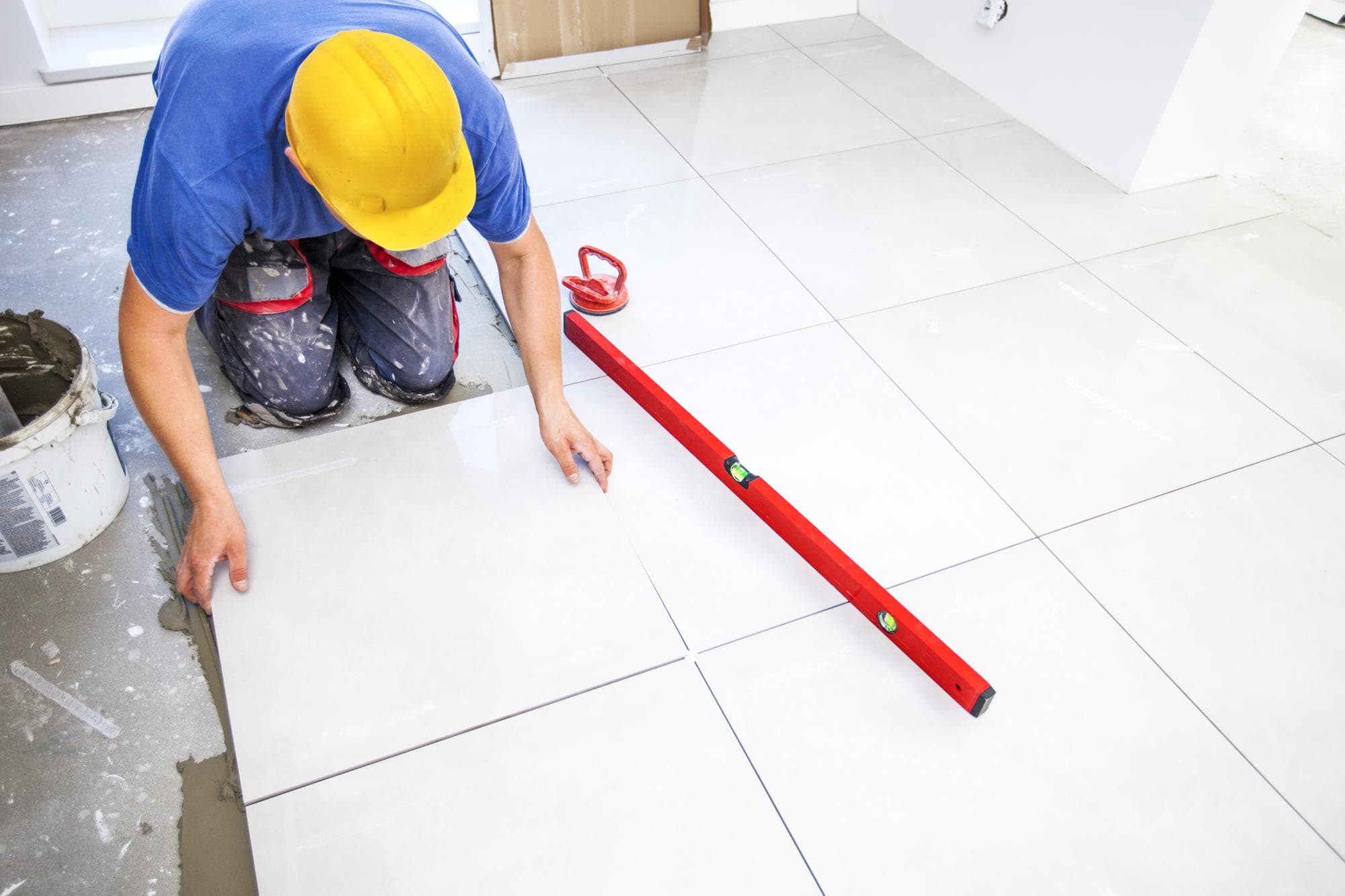
Hear from Our Customers
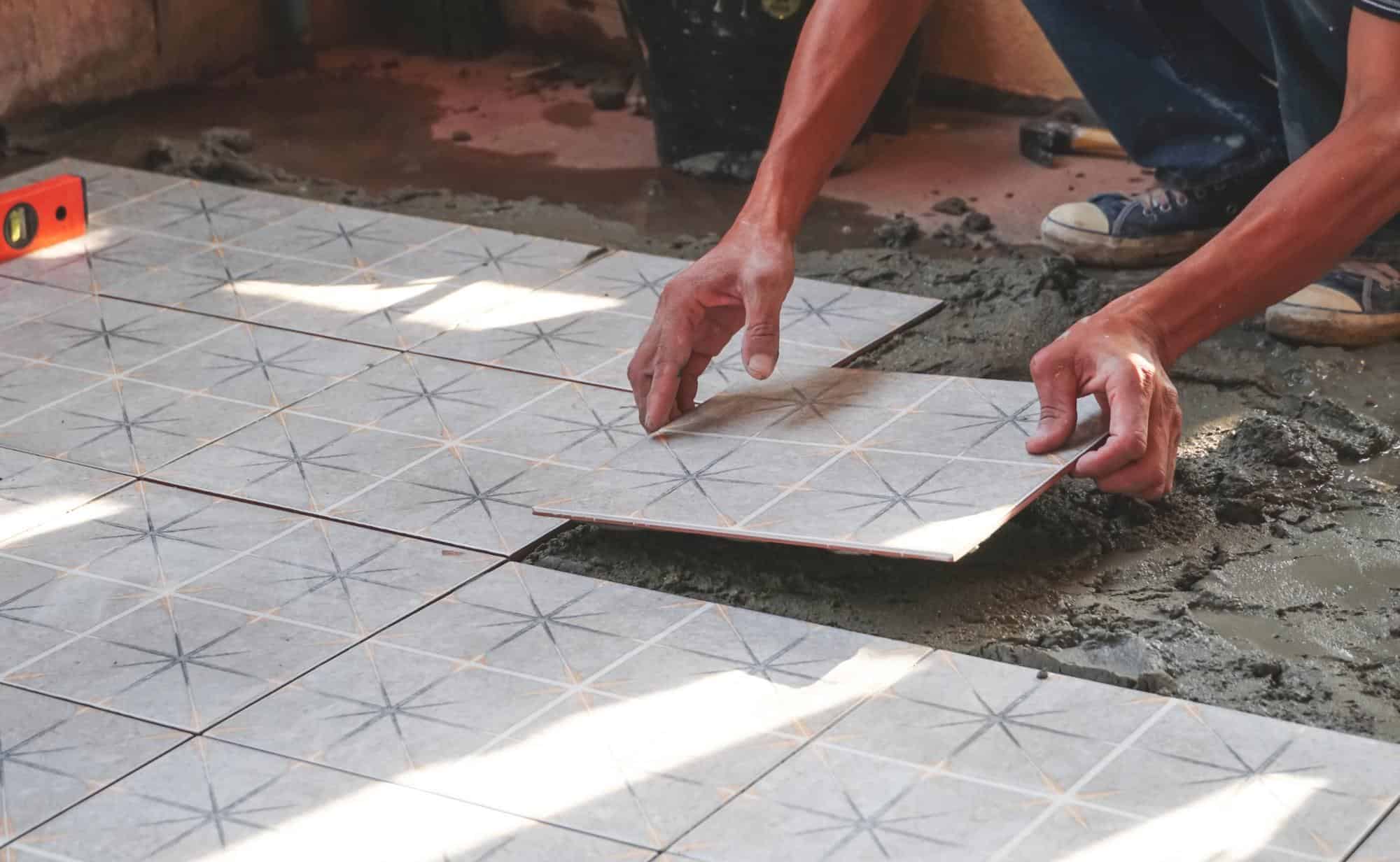
You get tiles that repel water instead of absorbing it. Spills wipe up easily instead of soaking in and staining. Your grout stays the color it’s supposed to be.
Most homeowners don’t realize their tile problems aren’t about the tile itself. It’s about what’s happening underneath the surface. When tiles aren’t properly sealed, they become porous – like a sponge that soaks up everything you don’t want it to.
Once we seal your tiles correctly, you’ll notice the difference immediately. Water beads up and rolls off. Coffee spills don’t leave permanent marks. Your floors look cleaner with less scrubbing.
Diamond Stone Restorations Corp has been serving Irvington homeowners for over a decade. We understand the unique challenges of maintaining tile in older homes – many built in the 1950s with original installations that need expert care.
Your neighbors trust us because we’re local. We’ve worked in homes throughout Westchester County, from historic properties near the Hudson River to modern renovations on Main Street.
We use professional-grade sealers that last years, not months. Our process protects your investment and saves you from costly tile replacement down the road.
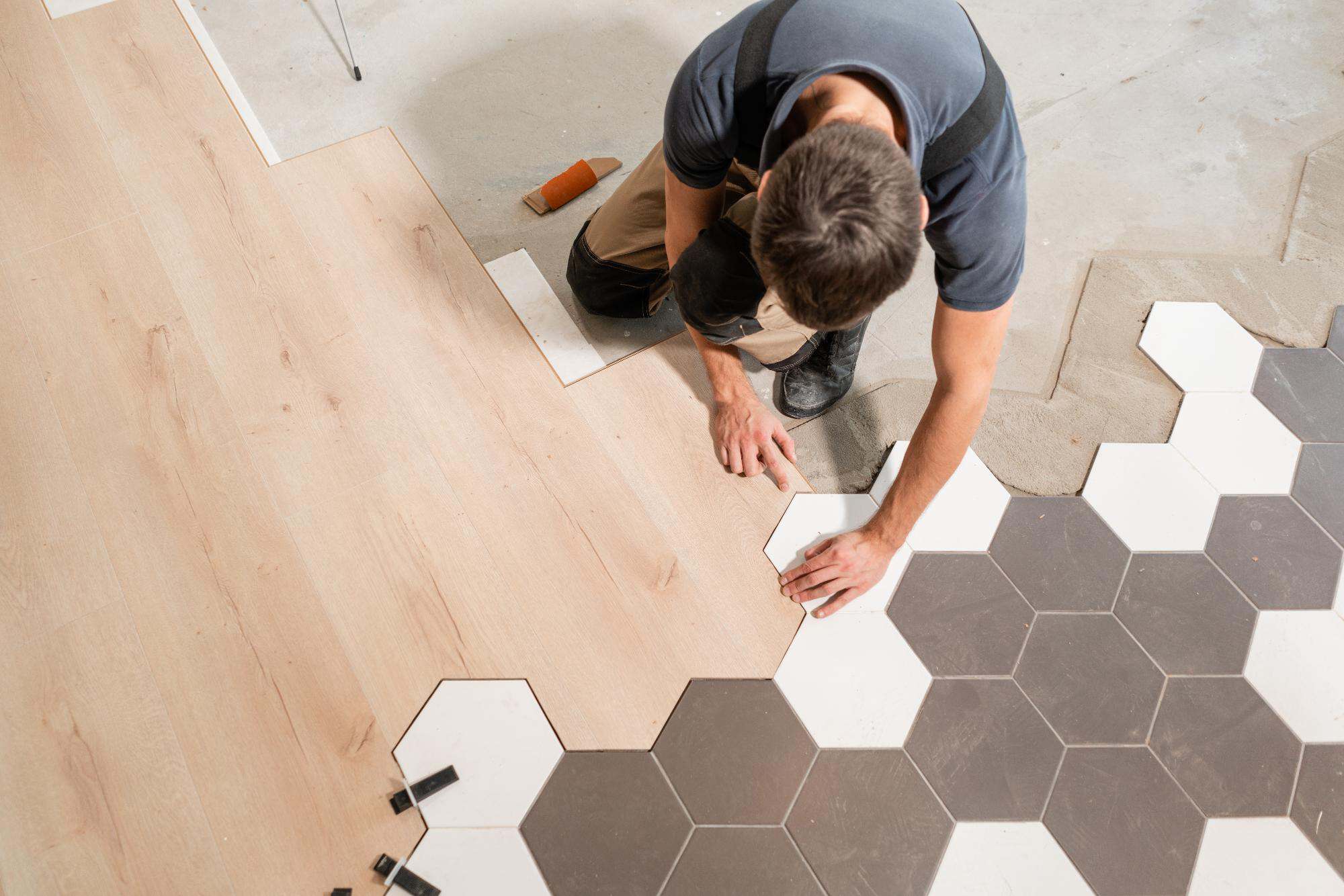
First, we deep clean your tiles and grout to remove all existing dirt, grime, and residue. This step is crucial – sealing over dirty surfaces traps the problems underneath.
Next, we apply a penetrating sealer that soaks into the porous material. This isn’t a surface coating that chips off. It creates an invisible barrier from within that repels water and stains while still allowing the tile to breathe.
We let the sealer cure completely before applying a second coat where needed. The entire process typically takes 4-6 hours depending on the area size. You can walk on the surface after 30 minutes, but we recommend waiting 24 hours before heavy use.
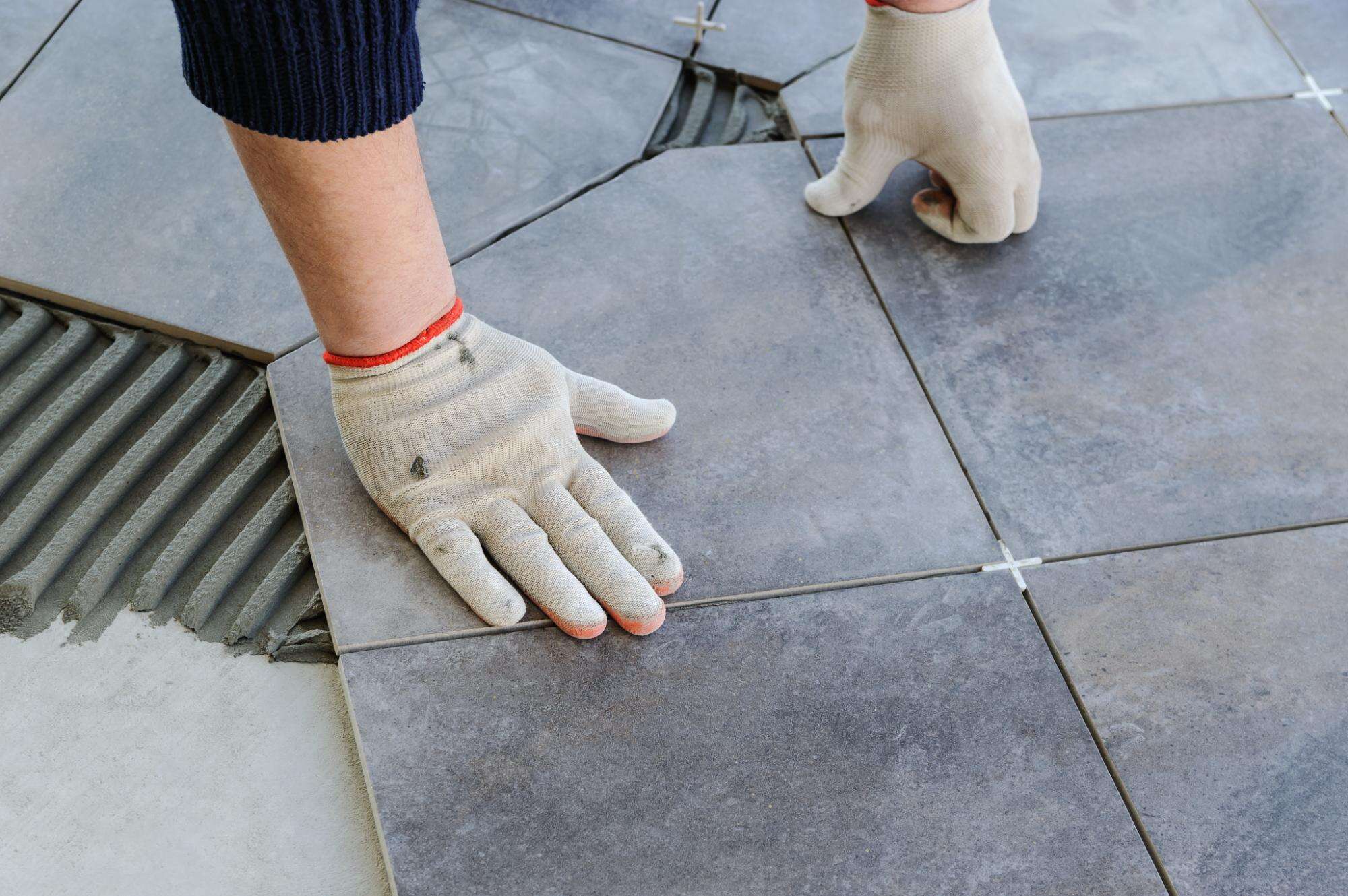
Ready to get started?
We seal all types of tiles – ceramic, porcelain, natural stone, and specialty materials. Each requires different techniques and products, which is why experience matters.
In Irvington’s humid climate near the Hudson River, proper sealing is especially important. Moisture can penetrate unsealed grout lines and cause mold growth behind your tiles. Our sealing process prevents this completely.
You also get our maintenance recommendations specific to your tile type and household traffic patterns. High-traffic areas like kitchen floors may need resealing every 3-5 years, while bathroom walls can go longer between treatments.
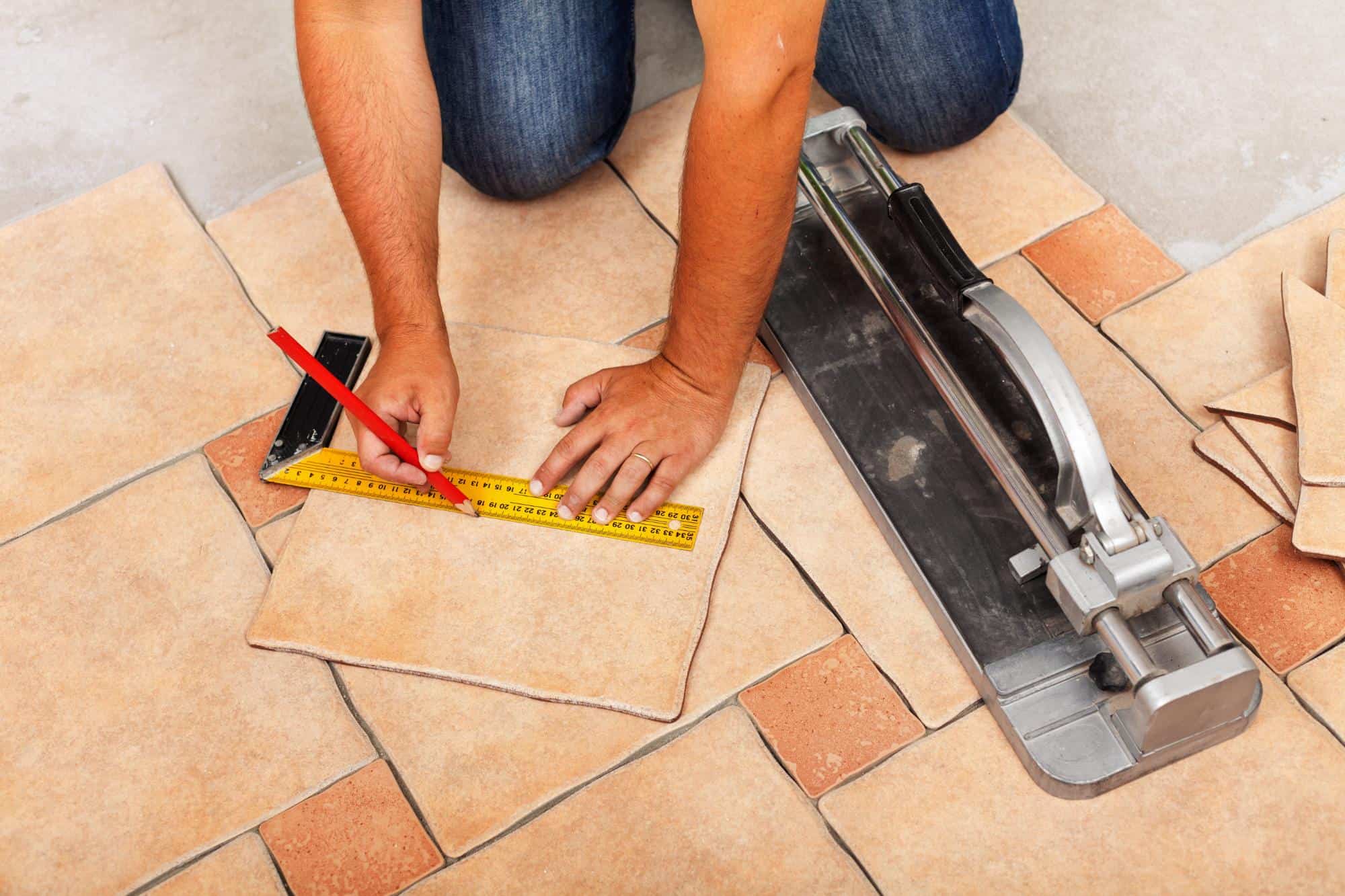
Ready To Restore The Beauty Inside Your Stone?
Contact us today!
Diamond Stone Restorations Corp
Company
Support
Useful Links